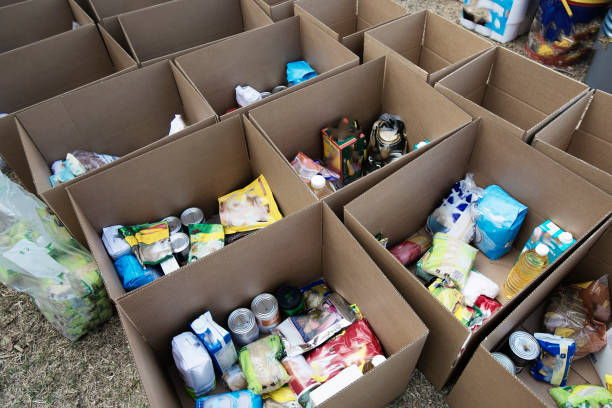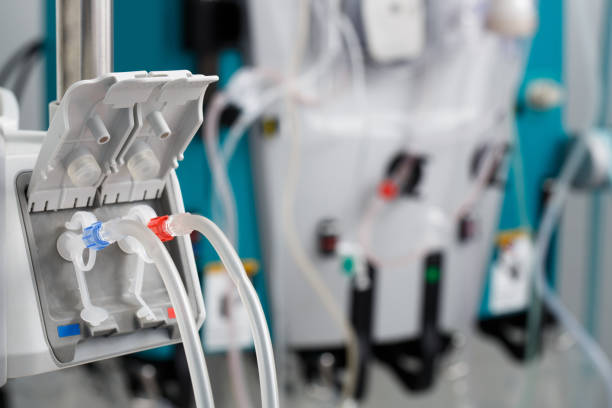Understanding Blood Donation Requirements
Blood donation is a vital process that helps save lives by providing much-needed blood to patients in medical emergencies, surgeries, and for those with chronic illnesses. However, not everyone is eligible to donate blood. Various requirements are in place to ensure the safety of both the donor and the recipient. This article explores the comprehensive requirements for blood donation, highlighting the key criteria potential donors must meet.
General Eligibility Criteria
To donate blood, an individual must meet several basic criteria. Generally, donors must be in good health, feeling well on the day of donation, and free from any infections or illnesses. A potential donor's age is also considered; typically, individuals aged between 17 and 65 are eligible to donate, though some blood banks may allow donations from 16-year-olds with parental consent and from those over 65 with medical clearance.
Health and Weight Requirements
One of the most critical aspects of blood donation is ensuring the donor's health. Donors must weigh at least 110 pounds (50 kg) to ensure they can safely tolerate the blood donation process. This weight requirement helps prevent adverse reactions such as dizziness or fainting during or after the donation.
Medical History and Medication
A thorough review of the donor’s medical history is conducted to ensure the safety and suitability of the donation. Certain medical conditions and medications can disqualify individuals from donating blood. For instance, those with chronic illnesses like heart disease, cancer, or severe respiratory conditions may be deemed ineligible. Additionally, individuals on specific medications that could affect the blood donation process or the recipient's health may also be deferred.
Travel History and Disease Exposure
Donors are also screened for their travel history. Recent travel to certain regions with high incidences of infectious diseases like malaria, Zika virus, or Ebola may temporarily disqualify individuals from donating. This precaution helps prevent the transmission of these diseases through blood transfusion.
Lifestyle Factors
Lifestyle factors play a significant role in determining eligibility for blood donation. Individuals with a history of intravenous drug use, those who have tested positive for HIV/AIDS, or those with certain sexually transmitted infections (STIs) may be permanently deferred from donating blood. Additionally, individuals with new tattoos or piercings must wait a specific period, usually around 12 months, before donating to ensure no risk of infection.
Blood Pressure and Hemoglobin Levels
Blood pressure and hemoglobin levels are checked before donation. Donors must have a blood pressure within a safe range and adequate hemoglobin levels to ensure they can safely give blood. Low hemoglobin levels, indicative of anemia, can disqualify a donor until their levels improve.
Donation Frequency
The frequency of donation is another essential consideration. Whole blood donors can typically donate every 56 days, while platelet donors can give every 7 days, up to 24 times a year. This spacing ensures that the donor’s body has ample time to replenish the donated blood components.
Specific Requirements for Different Blood Components
Different blood components have varied requirements. For instance, plasma donors may need to meet additional criteria regarding protein levels and overall health. Platelet donors must also meet specific platelet count requirements to ensure a safe and effective donation.
Special Considerations for First-Time Donors
First-time donors may face additional scrutiny to ensure their suitability for donation. This may include more detailed health questionnaires and a more extended observation period post-donation to monitor for any adverse reactions.
Requirements for Autologous and Directed Donations
In autologous donations, individuals donate blood for their own future use, usually before a scheduled surgery. This type of donation has fewer restrictions, as the donor is the eventual recipient. Directed donations, where blood is donated for a specific individual, may have different requirements, particularly regarding compatibility and timing.
Pregnancy and Blood Donation
Pregnant women are generally not eligible to donate blood due to the increased nutritional and blood volume demands during pregnancy. Women must wait at least six weeks postpartum before considering blood donation to ensure they have fully recovered and their iron levels are sufficient.
Blood Donation Process
Understanding the blood donation process can help alleviate potential donors' concerns. The process typically involves registration, a brief health screening, the donation itself, and a short recovery period with refreshments to prevent lightheadedness.
Importance of Blood Donation
Blood donation is crucial for maintaining an adequate blood supply for medical emergencies, surgeries, and treating patients with chronic illnesses. Each donation can save multiple lives, as blood is separated into its components, such as red cells, plasma, and platelets, each serving different medical needs.
Encouraging Repeat Donations
Encouraging donors to return regularly is vital for maintaining a stable blood supply. Providing recognition programs, such as donor milestone awards, and ensuring a positive donation experience can help foster donor loyalty and increase the frequency of donations.
Conclusion
Blood donation is a lifesaving act that requires donors to meet specific health, lifestyle, and medical criteria to ensure the safety and well-being of both the donor and recipient. By understanding and adhering to these requirements, individuals can contribute to a robust and reliable blood supply, ultimately saving lives and improving health outcomes for countless patients in need.




